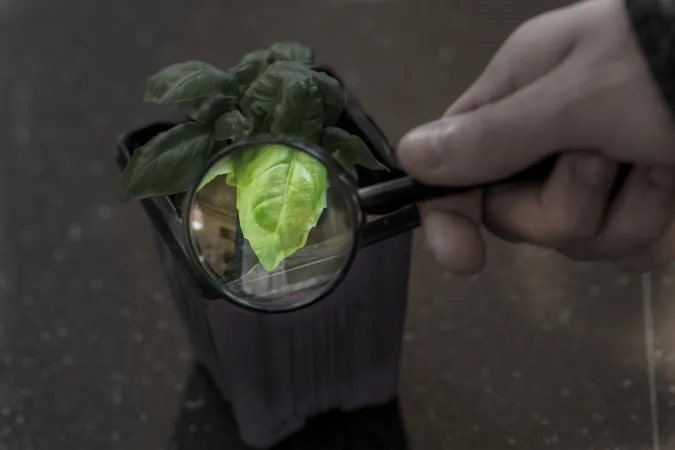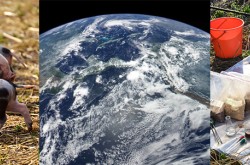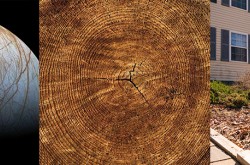Citizen science: Where research meets the public
Are you interested in learning about how the world works? You don’t need a lab or degree to explore – citizen science projects all over the world bring discovery to your home, backyard, or community. Citizen science is the product of researchers teaming up with the public to solve scientific issues. Projects exist in almost every field, including ecology, astronomy, molecular biology, and genomics. “Crowd-sourcing” research allows for data to be collected from all over the world, and benefits from many minds working towards a solution at once.
For instance, participants in projects like NatureWatch, Water Rangers, FeederWatch, and Bat Watch head out into the community to make observations about ecosystems. By doing so, participants can learn about the natural world, while professional researchers gain a wealth of worldwide data to use in their studies.
Some projects like Galaxy Zoo and Digital Fishers collect their data online. They have large databases – photos of galaxies, video clips of ocean life, and artwork, respectively – to be studied and classified. These websites gamify classification, so you learn about what you’re studying and researchers benefit from many minds working together.
In addition to capitalizing on large numbers of participants, several citizen science projects are making use of the fact that the brain is often a better pattern-detector than a computer. Some online projects like Phylo and Foldit depend on citizen scientists to solve biochemical problems where computers have failed. However, you don’t need to have a scientific background to participate; they have turned these problems into addictive patterning games that anyone can solve.
While these projects are fun to participate in, you may be wondering if citizen scientists actually contribute to innovations in science. After all, how much can your average person do to improve on what professional scientists already know? Turns out, quite a lot. For example, data collected by Project FeederWatch has been cited in over 25 academic papers! Or instead, take Foldit, an online game where citizen scientists fold proteins into their optimal shape. A few years ago, a competition was held where teams attempted to fold a protein involved in the development of AIDS. This protein’s complicated structure had baffled researchers for a decade, and the gamers of Foldit (many with no background in biochemistry) cracked the structure within just three weeks. This discovery provides opportunities to design antiretroviral, including anti-HIV, drugs. (Read Nature’s peer-reviewed brief communications report on the Foldit protein discovery here). While this story may be extraordinary, it is not in isolation – breakthroughs are always happening in citizen science projects of all disciplines.
The best way to get involved is to check out the websites of any projects you want to participate in, as everything you need to get started should be laid out there. No matter where your interests lie, whether in galaxy research, birdwatching, art history, or frog observation, there’s something out there to excite you – and you might just make a discovery that revolutionizes the field along the way.
Check out the citizen science exhibit at the Canada Science and Technology Museum.















